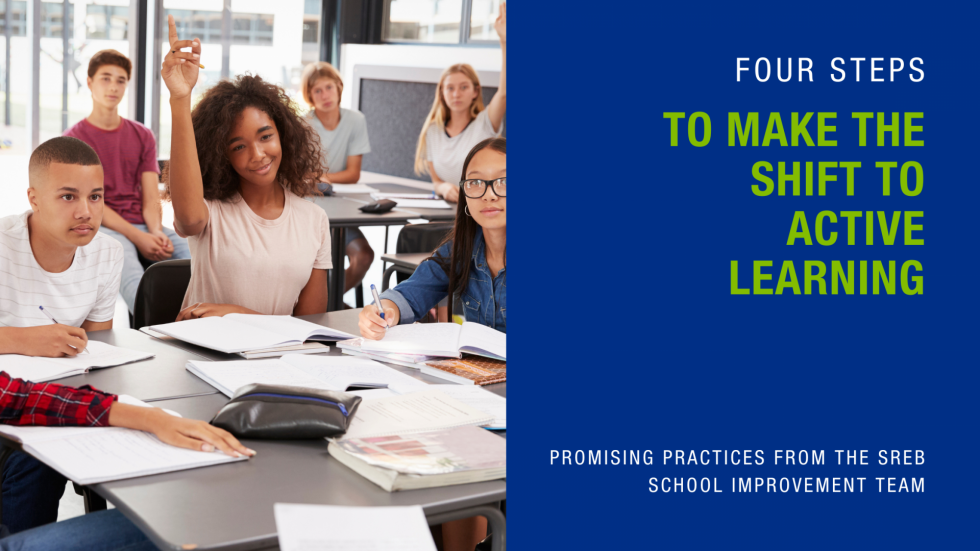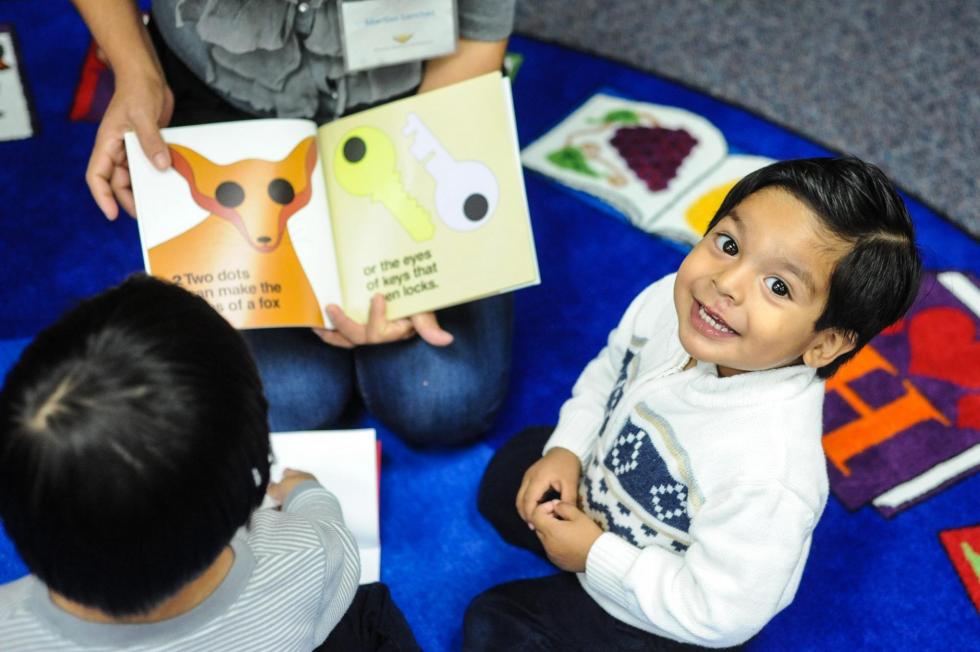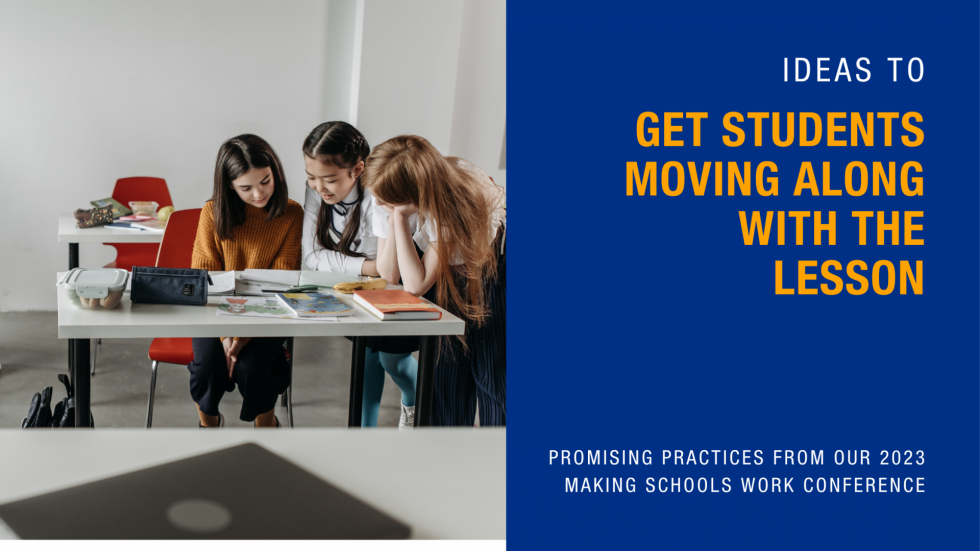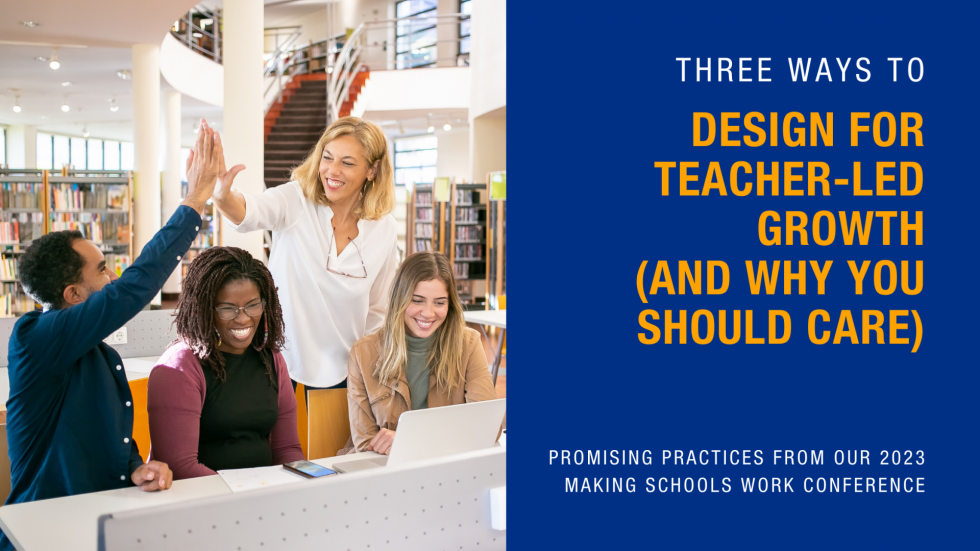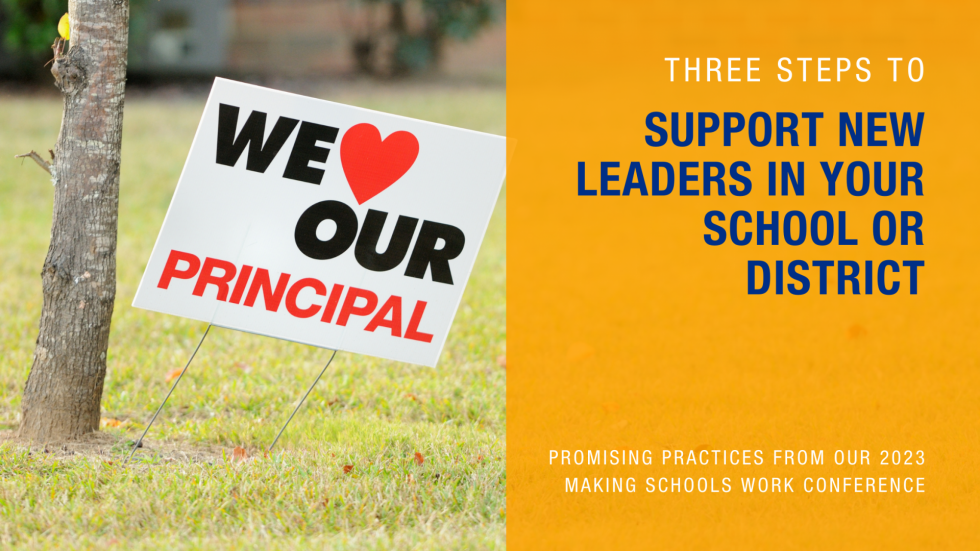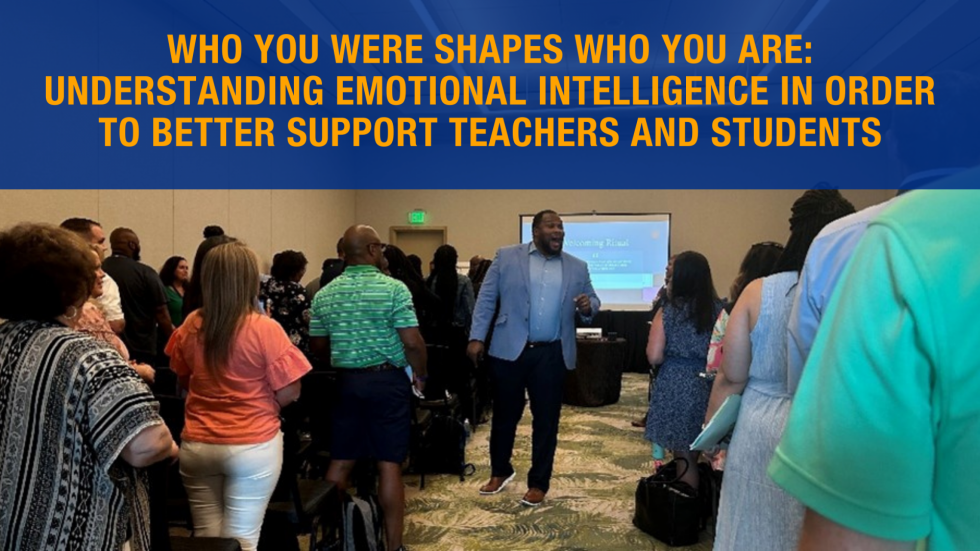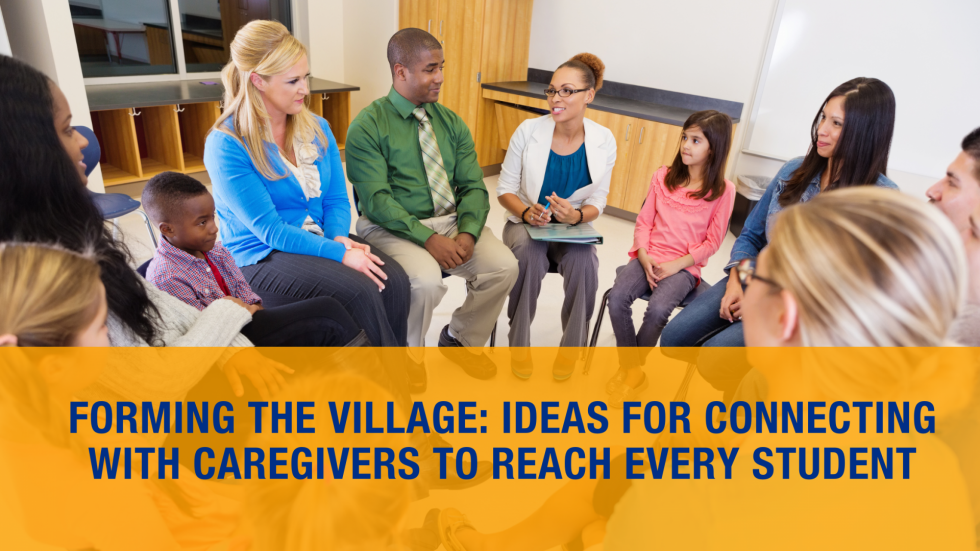Blog Main
5 Lessons on School Leadership I Learned at the 2024 Making Schools Work Conference
What can you do as a school leader to make a difference for your teachers, staff and students? We look at five lessons in leadership we learned at the 2024 Making Schools Work Conference.
From Laughter to Learning: 6 Lessons From the Ron Clark Academy’s Michael Bonner
Wish you were still at the 2024 Making Schools Work Conference? We can’t provide a time machine, but we can help: Check out our coverage of the opening session in this post!
Mississippi AI Network Is Partnering to Lead
Statewide initiative has trained thousands of educators
We have yet another reason to watch Mississippi, which has trained thousands of educators and staff through a network of education agencies, colleges, industry associations and technology partners.
The network’s director offers an overview of the initiative in this blog post.
How AI Can Transform Education: Insights From Sal Khan
Pioneering AI Integration in Schools: The University of Florida’s Approach
This post shows how the University of Florida’s Undergraduate Laboratories created a pilot AI program for high schools throughout the state.
Calculating the Potential of AI in Education: Insights from Code.Org’s CAO
This post looks at the benefits and risks of AI in education from the lens of Pat Yongpradit, the CAO of Code.Org. In his speech, he discussed what he has sees as the future of AI throughout school operations, teaching life and student support.
Breaking Barriers: Overcoming Resistance to AI in Education Initiatives
This post discusses the way that former Arkansas Governor Asa Hutchinson compared his computer science initiatives to the AI in education movement. Using the same ideas, learn how we can start to overcome resistance to this emerging technology.
Automating Tasks, Not Jobs: 5 Lessons on AI in Education from Humana’s CEO
This post focuses on the lessons learned during the featured address by Bruce Broussard, CEO of Humana, at the first meeting of the SREB Commission on AI in education.
Navigating the Future: Insights from the First Meeting of the SREB Commission on AI in Education
This post contains some of the key takeaways that the SREB Commission on AI in Education came away with after the first commission meeting in Columbia, South Carolina. They include many of the opportunities and risks that the commission sees this emerging technology creating for the education sector.
Who Could Really Use Academic Common Market?
Insights from SREB's Student Demographic Analysis
A high school student wants to earn a college degree in a specialized field, but there isn’t a university in their home state that offers that degree. This student is also facing other challenges, including financial hardship, that prevent attending an out-of-state school. What options are available to make this degree more attainable?
Generation Z Isn’t Interested in Teaching
Why Not?
As a graduate student in 2021, I interviewed Ms. Sharpe for an assignment in my Qualitative Research II course. Ms. Sharpe, a Black woman, member of Generation Z, and a fourth-grade teacher two years removed from her educator preparation program, expressed frustration, angst, worry, pride and hopelessness.
Education Data Doesn’t Have to Be a Needle in a Haystack
In the data-driven age, leaders constantly turn to data to help prevent or solve problems in education. As problems such as teacher shortages and student learning loss persist in education, could a lack of data be hindering educational leaders from reaching successful outcomes?
From Hands-On to Mind-On: How to Move to Active Learning in Only Four Steps
How can you get students engaged in the learning with hands-on projects while also making sure they understand what they are learning? Try active listening!
Paying Teachers Less for Summers Off
Do teachers really get more leave than other professionals?
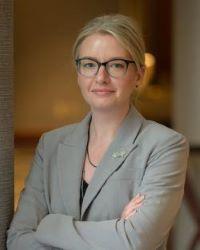 A common comment I hear in my work researching the teacher workforce and its challenges is that “teachers only work 10 months per year, so they should make less money.”
A common comment I hear in my work researching the teacher workforce and its challenges is that “teachers only work 10 months per year, so they should make less money.”
In my view, compensation should be about the level of skill and knowledge required, the impact of the position and the growth of the employee. In addition to the market rate, these are the typical elements factored into compensation for professionals.
Longitudinal literacy programming pays dividends for all ages
Veronica Valencia didn’t know many people when she moved to southwest Detroit from Michoacán, Mexico in 2005. So, when her nieces and nephews had the chance to be part of a new family literacy program at their school, Valencia jumped at the chance to be there and support them.
The family literacy program, made possible by Kentucky’s National Center for Families Learning with support from Toyota, relied on NCFL’s signature four-component family literacy model, which seeks to impact a family’s long-term trajectory through a multigenerational approach.
Learning in Motion: 10 Activities to Get Your Students up and Moving With the Lesson
How can you make your class more active in order to encourage better learning? That’s the focus of this week’s post.
In this post, we talk about 10 different activities you can do from the beginning to the end of class to make it more interactive.
Three Ways to Design for Teacher-Led Growth (and Why You Should Care)
Just like you ask teachers to create environments where students feel an ownership over their learning, teachers will do well in a teaching environment where they have ownership over their own growth.
In this post, we talk about how to accomplish this teacher-led growth in your school.
Supporting New School Leaders to Create Great Schools: Three Steps Towards Powerful Leadership
How can you support new leaders in your school or district?
In this post, we are going to talk about three different steps you should take to make sure they get the support they need.
Who You Were Shapes Who You Are: Understanding Emotional Intelligence in Order to Better Support Teachers and Students
Dr. Brian Dinkins discusses how trauma in his own life made him realize the importance of embracing emotional intelligence and using it to better reach teachers and students where they are.
In this post, we talk about what he learned and how he used it to be a better leader.














